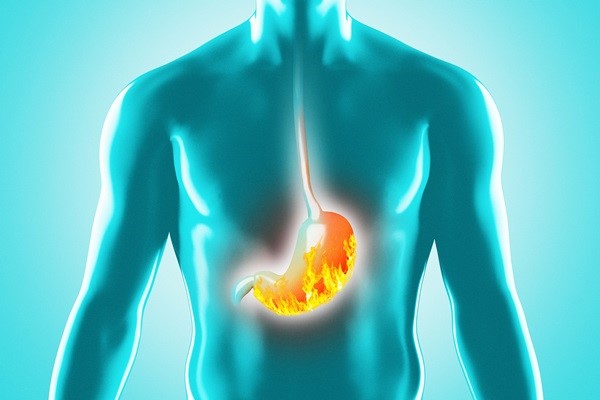
Peptic ulcer: the differences between gastric ulcer and duodenal ulcer
Peptic ulcer: in medicine, the expression ulcer indicates an erosion that does not heal on its own and requires pharmacological treatment
Peptic ulcer is an ulcer of the upper digestive tract and can typically affect the stomach (gastric ulcer) or the duodenum (duodenal ulcer)
It is estimated that about 4 million people have a peptic ulcer each year; gastric ulcers mainly affect people over 60 years of age, while duodenal ulcers affect younger people.
What are the causes of peptic ulcer?
In the late 1990s, the main culprit of peptic ulcers was isolated, Helicobacter pylori, a bacterium that lurks in the stomach and can induce gastritis (i.e. inflammation), which in some patients can lead to the formation of a gastric or duodenal ulcer.
Helicobacter thus induces an inflammatory reaction which only in some individuals will lead to the formation of a peptic ulcer proper.
It should also be pointed out that not all Helicobacters are the same; some are more pathogenic and therefore more damaging to the digestive system.
Other factors responsible include taking non-steroidal anti-inflammatory drugs, smoking and alcohol.
In the case of drugs, for example, the mucous membrane of the digestive system produces protective substances, as if it were enamel; taking these drugs blocks the production of these substances and so the mucous membrane becomes more easily attacked.
Symptoms of peptic ulcers
Typically the patient has pain in the mouth of the stomach or laterally to the right.
There are however some differences between gastric and duodenal ulcers, the pain is in fact different in relation to the intake of food: in gastric ulcers the pain is worse when eating, while in duodenal ulcers the pain improves after eating; sometimes this type of ulcer on an empty stomach can give a symptom similar to hunger, a pain that can also occur during the night and that improves after eating.
There may also be non-specific symptoms that are classic in digestive tract disorders, such as nausea, lack of appetite and vomiting.
Read Also:
Gastroesophageal Reflux: Causes, Symptoms, Tests For Diagnosis And Treatment
Irritable Bowel Syndrome (IBS): A Benign Condition To Keep Under Control
Long Covid, Study In Neurogastroenterology And Motility: Main Symptoms Are Diarrhoea And Asthenia



